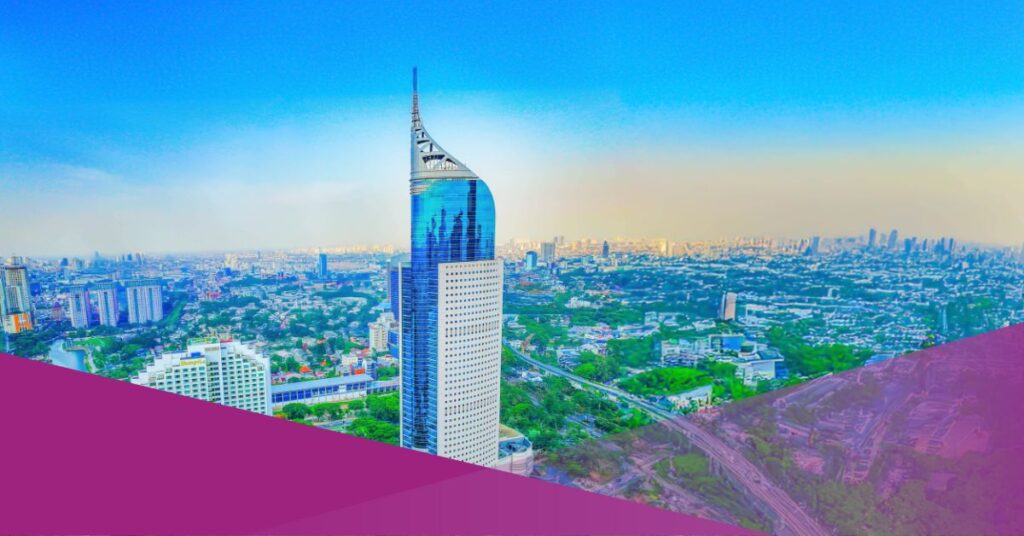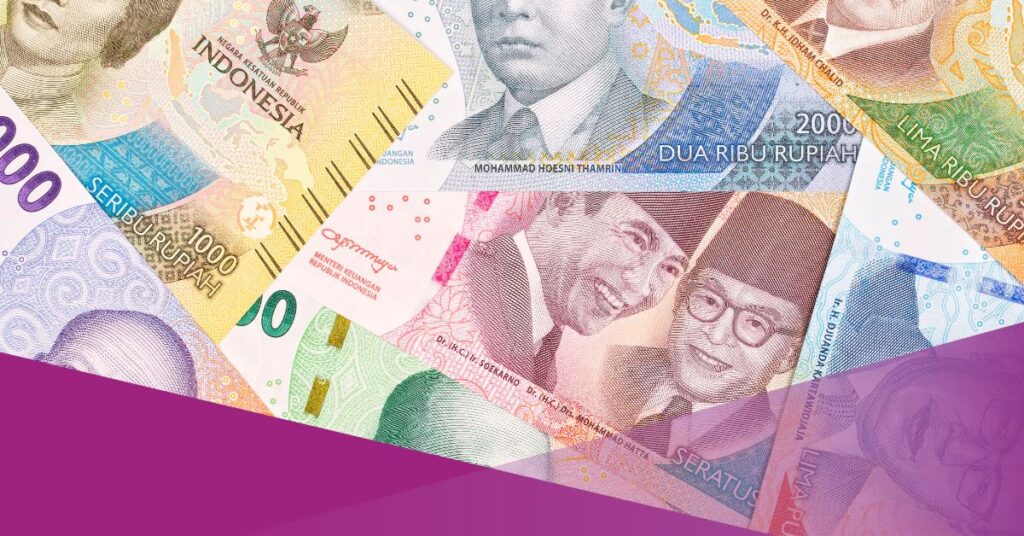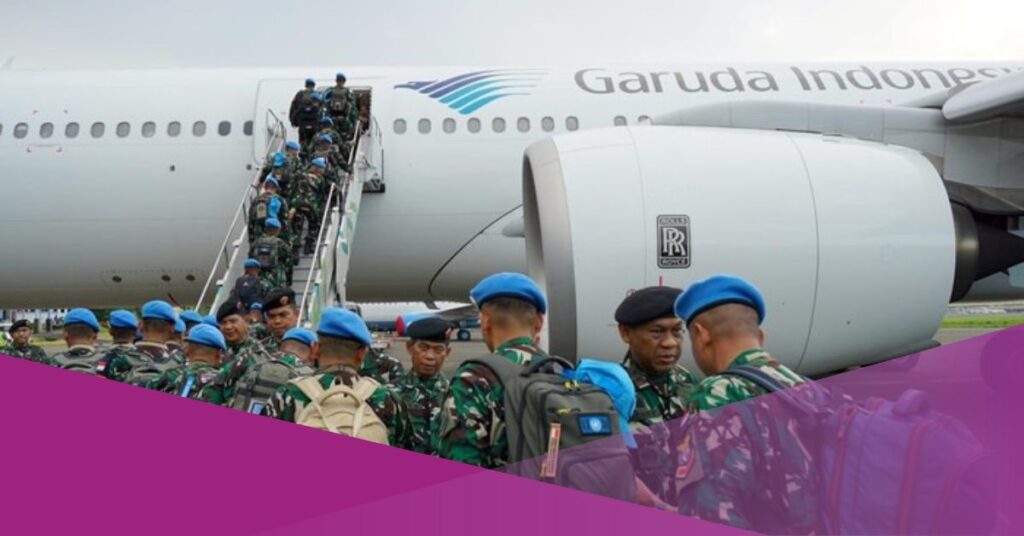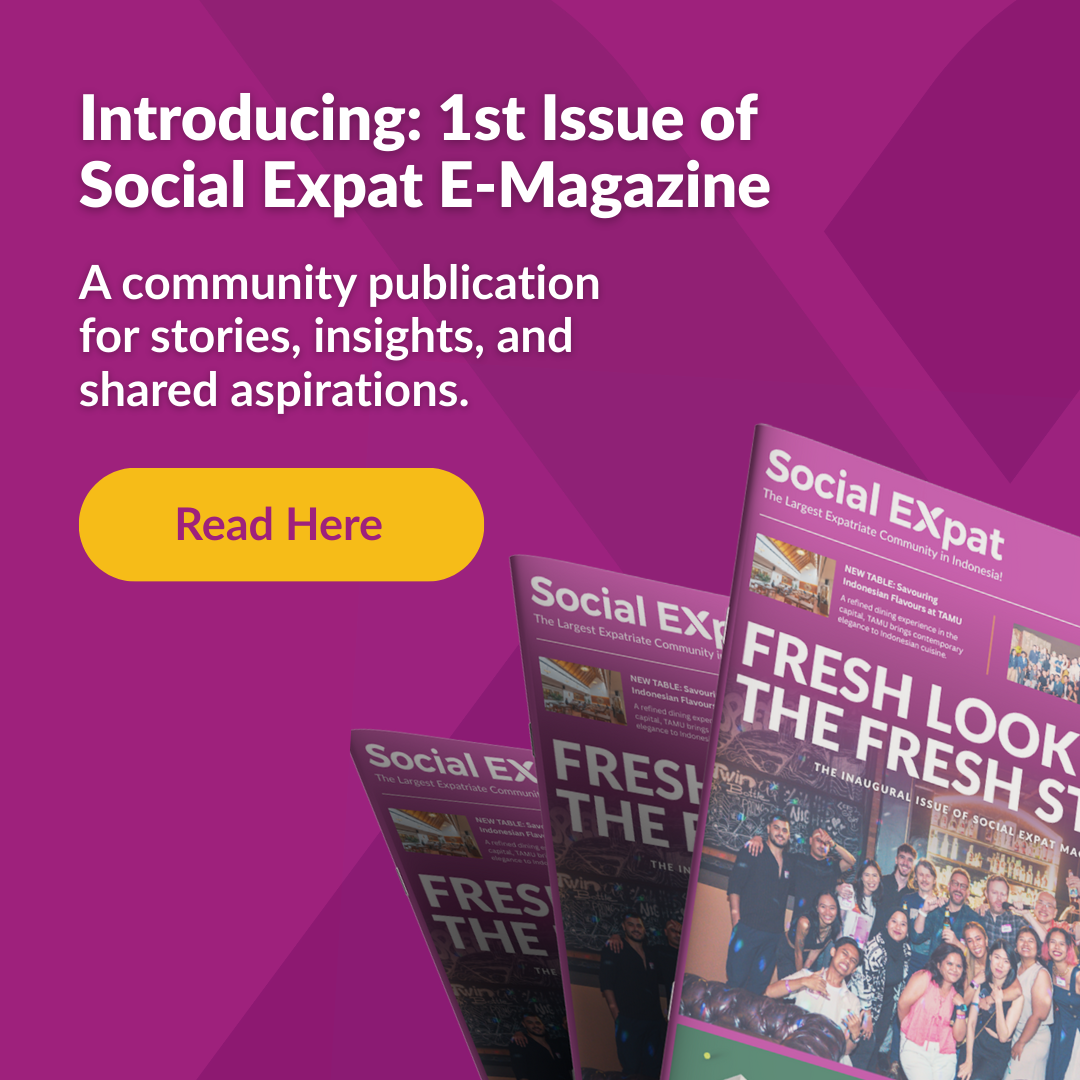Embracing a professional journey as an expatriate in Indonesia is filled with excitement and fulfilment. Yet, to truly optimize your work experience, it is imperative to harness the available employee benefits. Indonesia extends a range of work-related perks for expats, fostering enhancements in their professional and personal spheres.
From comprehensive health insurance coverage and housing allowances to transportation benefits and language training, these employee perks are pivotal in shaping your overall satisfaction and success in your expatriate career. This article delves into the crucial employee benefits that can empower you to extract the utmost value from your work tenure in the archipelago.
An Overview of Life in Indonesia as Expats
Living as an expatriate in Indonesia presents a rich tapestry of cultural encounters. It offers a captivating fusion of traditions and contemporary living against its awe-inspiring scenery, urban centres, and genuine hospitality. Nevertheless, challenges accompany this expat experience, including language barriers, congested traffic, and restricted healthcare access in remote regions. Despite these hurdles, expatriates view Indonesia as an exhilarating and adventurous destination conducive to personal development and exploration.
Importance of Employee Benefits for Expats in Indonesia
Securing and retaining expatriate talent relies significantly on employee benefits. These perks offer financial stability and contribute to the contentment and welfare of expatriates and families to meet your needs. Comprehensive healthcare coverage, life and disability insurance, retirement plans, and housing allowances are particularly valued by expats.
Moreover, aiding in relocation, providing language training, and implementing cultural integration programs are crucial in ensuring expats feel supported and can seamlessly acclimate to their new environment. In essence, offering competitive employee benefits serves as a strategic tool for organizations, fostering a positive and productive work environment for expatriates while simultaneously bolstering their loyalty and engagement.
Understanding The Indonesian Labour Market

Overview of Labour Laws and Regulations for Expats
The Manpower Law of 2003 govern Indonesians labour laws and regulations for expats. To work in Indonesia, expats must have a valid work permit, a working visa, and a limited-stay visa. The law establishes the minimum employment age, maximum working hours, and minimum wage rates. Employment contracts, termination, severance pay, and social security benefits are also covered. Employers must follow these laws and regulations to ensure compliance and avoid legal ramifications.
Differences Between Local and International Employment Contracts
There are several differences between local and international employment contracts. To begin, local employment contracts are governed by the employment laws and regulations of the country where the employment occurs. On the other hand, international employment contracts frequently involve working and living abroad in multiple countries and are subject to international labour standards and regulations.
Furthermore, local employment contracts typically provide greater job security and benefits tailored to the local market, whereas international employment contracts may provide more opportunities for career advancement and exposure to diverse cultures and industries.
Essential Employee Benefits for Expats in Indonesia
Importance of Expat Health Insurance
Comprehensive health insurance is critical for expats because it provides them with international health insurance and an unexpected medical emergency. Expats may face language barriers when relocating to Indonesia, unfamiliar healthcare systems, and skyrocketing medical costs while living in a foreign country.
They can access a wide range of medical services, including hospitalisations, specialist consultations, and prescription medications if they have comprehensive health insurance. This ensures that expats in Indonesia receive the necessary healthcare without worrying about the financial implications.
Housing Allowances

The Expensive Housing Market in Major Cities ( Jakarta )
The housing market in major cities in Indonesia is known to be expensive. Living in Jakarta, the capital city is particularly notorious for its sky-high property prices. The demand for housing continues to increase due to rapid urbanization and population growth. This has led to a scarcity of affordable housing options, forcing many residents to pay exorbitant prices for homes or rent. The government has implemented various initiatives to address this issue, such as providing subsidies for low-income families, but the problem of expensive housing persists.
Benefits of Housing Allowances for Expats
Housing allowances for expatriates relocating to Indonesia offer a multitude of benefits. Firstly, they facilitate a swift adjustment to the new environment by ensuring expats have access to a secure and comfortable living space. This enables them to focus on their professional responsibilities and acclimate efficiently. Secondly, these allowances alleviate the financial challenges associated with securing and renting accommodation in a foreign nation, a process that can be both complex and expensive. Lastly, by providing housing allowances, organizations enhance their ability to attract and retain top-tier talent globally, fostering diversity and expertise across various industries.
Transportation Insight to Live in Indonesia
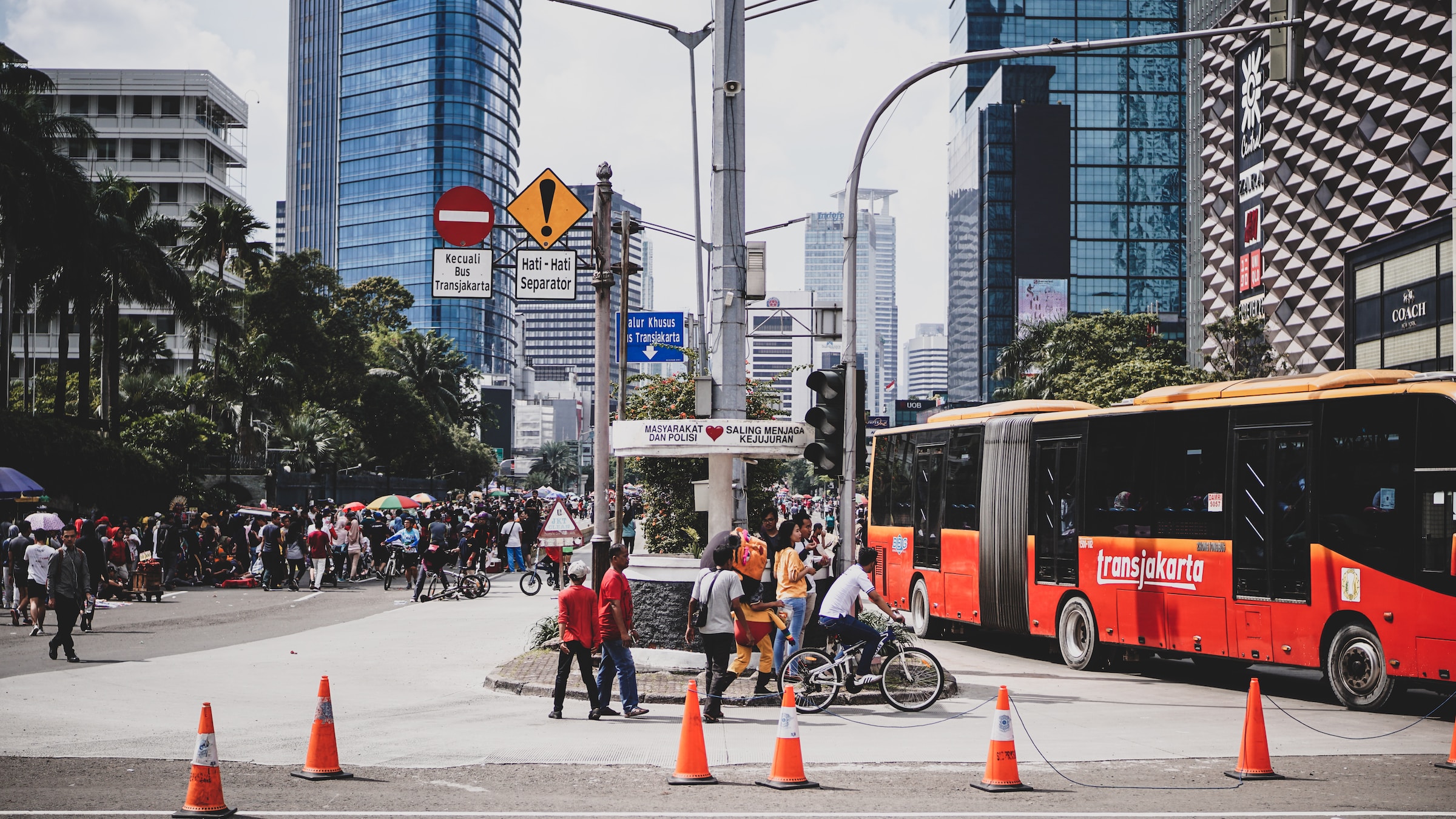
Challenges of Commuting in Indonesia’s Traffic
Navigating through Indonesia’s traffic poses a significant challenge, influenced by various factors. Pervasive congestion on the roads stands out as a major hurdle, particularly evident during peak hours when traffic jams become routine. This not only results in delays but also substantially extends travel time. Furthermore, the inadequacy of proper infrastructure and limited public transportation options compound the issue. Commuters frequently depend on motorcycles or cars, contributing to heightened air pollution and intensified traffic congestion.
Benefits of Transportation Allowances or Vehicle Provisions
Supplying transport allowances or furnishing vehicles for expatriate employees carries numerous benefits. Offering a reliable and convenient mode of transportation eliminates the stress and inconvenience associated with commuting, allowing employees to arrive at work punctually and in a relaxed state, thereby boosting productivity.
Moreover, transport allowances serve as an enticing incentive for expatriate workers, influencing their decision to accept job offers and relocate. This, in turn, aids organizations in attracting top-tier talent from diverse global locations.
Tips for Negotiating Employee Benefits Packages as An Expat Work in Indonesia

Understanding Your Worth and Market Value
In the process of negotiating expatriate employee benefits packages, it is crucial to have a clear understanding of your value and market worth. Thoroughly researching and comparing positions similar to yours within the industry is essential for understanding your market value precisely. With this knowledge, you can confidently negotiate benefits that align with your expectations and requirements. This market value awareness ensures you receive fair compensation for your skills and experience as an expatriate employee.
Researching Local Industry Standards
It is vital for expatriates, particularly those residing in Indonesia, to comprehend the industry’s standards and expectations to secure a fair and competitive employee package. Through meticulous research, expats can acquire valuable insights into average salary ranges, commonly provided benefits, and overall compensation practices within the local industry. Armed with this information, expatriates will be well-prepared with the knowledge and confidence required to negotiate, enhancing their prospects of securing a favourable benefits package.
Utilising Professional Networking and Expat Communities
Engaging in professional networking and expatriate communities can significantly aid expats in negotiating employee benefits packages. These networks provide opportunities to connect with fellow expatriates with firsthand experience navigating the intricacies of working abroad. Through active involvement in these communities, expatriates can glean valuable insights and receive advice on negotiating various benefits, including housing allowances, health insurance, and relocation assistance.
Access to this information can help expats secure the best possible compensation packages while working in another country.
Seeking Professional Advice from HR Consultants or Relocation Experts
When you move to and live in a different country, seeking professional advice from HR consultants or relocation experts is essential. These experts can provide valuable guidance and assistance in negotiating employee benefits packages as an expat.
They have the necessary knowledge and experience to ensure that expatriates receive fair and competitive compensation packages, considering cost of living, tax implications, and cultural differences. Seeking advice from these professionals can save expats from potential pitfalls and help them make informed decisions for a successful transition.
Navigating Expatriate Life in Indonesia Through Essential Employee Benefits and Cultural Embrace
Maximizing your work experience as an expat living in Indonesia goes beyond the daily tasks at the workplace. Essential employee benefits are pivotal in ensuring a smooth and rewarding journey. By understanding and leveraging these benefits, you enhance your professional growth and embrace Indonesian culture and lifestyle richness, making your time as an expatriate in this dynamic country truly unforgettable.


